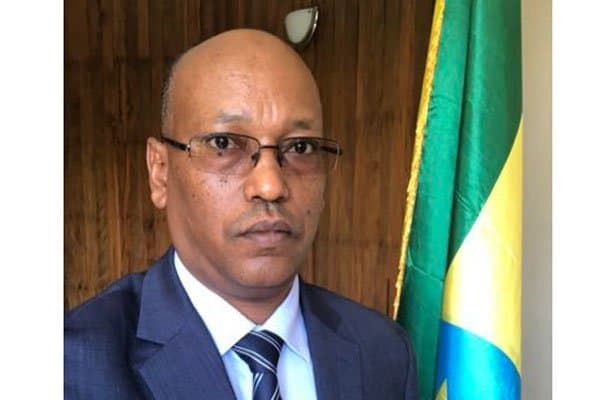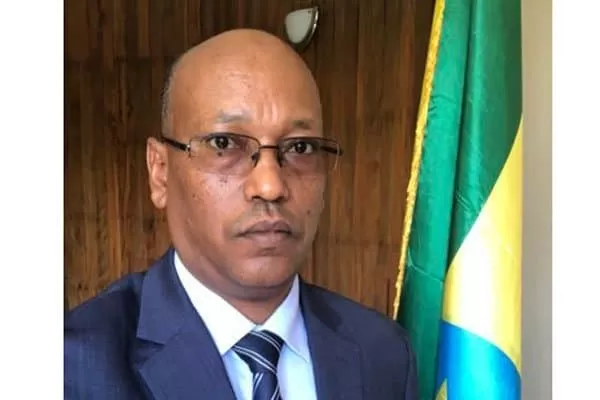

Last updated on September 11th, 2021 at 03:20 pm
The Intergovernmental Authority on Development (IGAD) member states have failed to agree to endorse protocol on transhumance. This came after the two member countries Ethiopia and Somalia refused to sign this protocol on transhumance due to some articles which they say don’t favour them.
“For the case of Ethiopia and Somalia, we needed to first consult with our regional government because our system is a federal system, consultation have been done on grassroots level but we want to move it up to the regional governance so that the implementation of the protocol after the endorsement will be smooth and that’s why we didn’t sign the protocol because we didn’t agree on some articles which were in the protocol.” Said Ambassador of the federal Democratic republic of Ethiopia to Republic of Djibouti H.E. Abdulaziz Mohammed during a one day IGAD committee of ambassador’s meeting to endorse the IGAD protocol on Transhumance and its implementation roadmap on Thursday at protea hotel in Entebbe.
The aim of this protocol was to promote a free movement regime for transhumance to exploit the full social and economic potential of the pastoral system.” We came up with 32 articles in this protocol which member states agreed however Ethiopia and Somalia didn’t agree with some of these articles and therefore we gave them two months to sort out themselves and come up with final conclusion therefore we expect to get the answer in December.”Said Dr Solomon J.Muchina Munyua, the director of the IGAD center of pastoral Areas and Livestock Development (ICPALD)
Among the agreed articles include safe cross border transhumance whereby member states shall recognize and allow free and safe seasonal cross boarder mobility of live stock and herders in search of pasture and water as an adaptation and survival mechanism, transhumance corridors were transhumant herds and herders shall allow the designated transhumance corridors in accordance with the itinerary indicated on the IGAD transhumance certificates, guarding transhumant livestock, protection of herders among others.
According to the Minister of State for Karamoja Affairs Hon. Moses Kizige said that that developing this protocol has been a journey that started way back and wide consultations have been done with member states since 2017. “Karamoja is highly susceptible to the effects of climate variability and global warming which is a challenge compounded by high levels of poverty especially in the Arid and semi Arid areas therefore we must find local, practical and innovative solutions to this undesirable situation if we are to end loss of lives and livelihoods of our people because livestock is a major backbone to the IGAD region’s economy supporting more than 70% of our population.’’ He said.
The U.S.-based driver training company Zutobi analyzed road safety worldwide and found South Africa stays last in driving danger since…
The Basketball Africa League (BAL) returns for its 2025 season with exciting changes and developments. Since 2019 the NBA-linked basketball…
The Somali president supports their military forces to eliminate the threats from Al-Shabaab, ISIS, and Al-Qaeda. The Somali National Army…
UAE President Sheikh Mohamed bin Zayed Al Nahyan held talks with President Faustin Archange Touadéra of the Central African Republic…
African football teams struggle intensely in the World Cup Qualification rounds to earn their place on the international football stage.…
The journey toward the 2026 FIFA World Cup is rapidly intensifying for all African teams, who now hold a historical…
This website uses cookies.